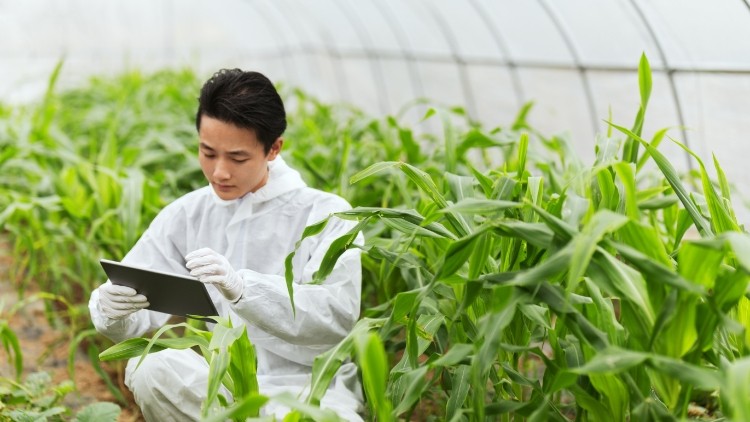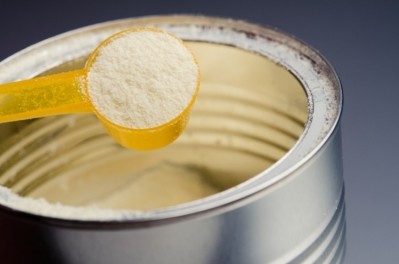Two goals, 10 action plans: China Communist Party and state council outline first joint food safety plans

This is the first time a food safety proposal has been released by both the central committee of the Communist Party and the state council.
By next year, more than 97% of China's agricultural products should pass food safety inspection, while more than 98% of its food products should fulfil spot-check requirements, officials said.
Also, the risk analysis and supply chain management systems governing food safety will start rapidly developing.
And in 16 years’ time, it hopes to have the world's leading food safety governing system, monitoring the food chain from farm to fork.
Environment pollution at manufacturing sites should also be effectively controlled and food manufacturers should have a heightened sense of integrity and responsibilities, leading to a sharp drop in profit driven activities.
The proposal was put forth by academics, government units, enterprises, association, grassroots, and consumer representatives under the leadership of the commission on food safety of the state council.
It also stated 10 action plans to be completed within five years, which will span across different areas, including general foods, infant foods, health foods, canteen food, food services, and agricultural farming.
One of the action plans is to govern the prevalence of fake and low quality food products in the rural areas, close illegal factories, and tackle the “Three No” products.
“Three No” refers to the absence of 1) production date 2) QS certified logo and 3) name of the manufacturing factory.
The revival of infant formula?
With the birth of the new proposal, the Chinese authorities also hope to revive its infant formula industry hard hit by the melamine scandal within the next three years.
As part of the 10 action plans, it aimed for a self-governing system where manufacturers would follow the HACCP system and conduct risk analysis.
It also intends to support infant formula manufacturing firms to restructure their businesses.
As for the health foods industry, it will continue to combat fake advertisements, false claims and MLM activities.
Present woes
While efforts towards improving the food safety landscape has increased, there was nonetheless, a “substantial gap” between the demands of the public and the reality, a representative from the commission on food safety of the state council told the local media during a press conference.
The representative added that there was still a need to strengthen efforts meant at addressing food safety issues at face value, the root cause of food safety issues has yet to be resolved.
Some of these problems, as stated in the proposal, included micro-organism and heavy metal pollution, the absence of a set of standards regulating the use of additives.
Other problems include the absence of a holistic set of governing rules, manufacturers putting profits before safety, and food safety problems brought by oversea imports.










